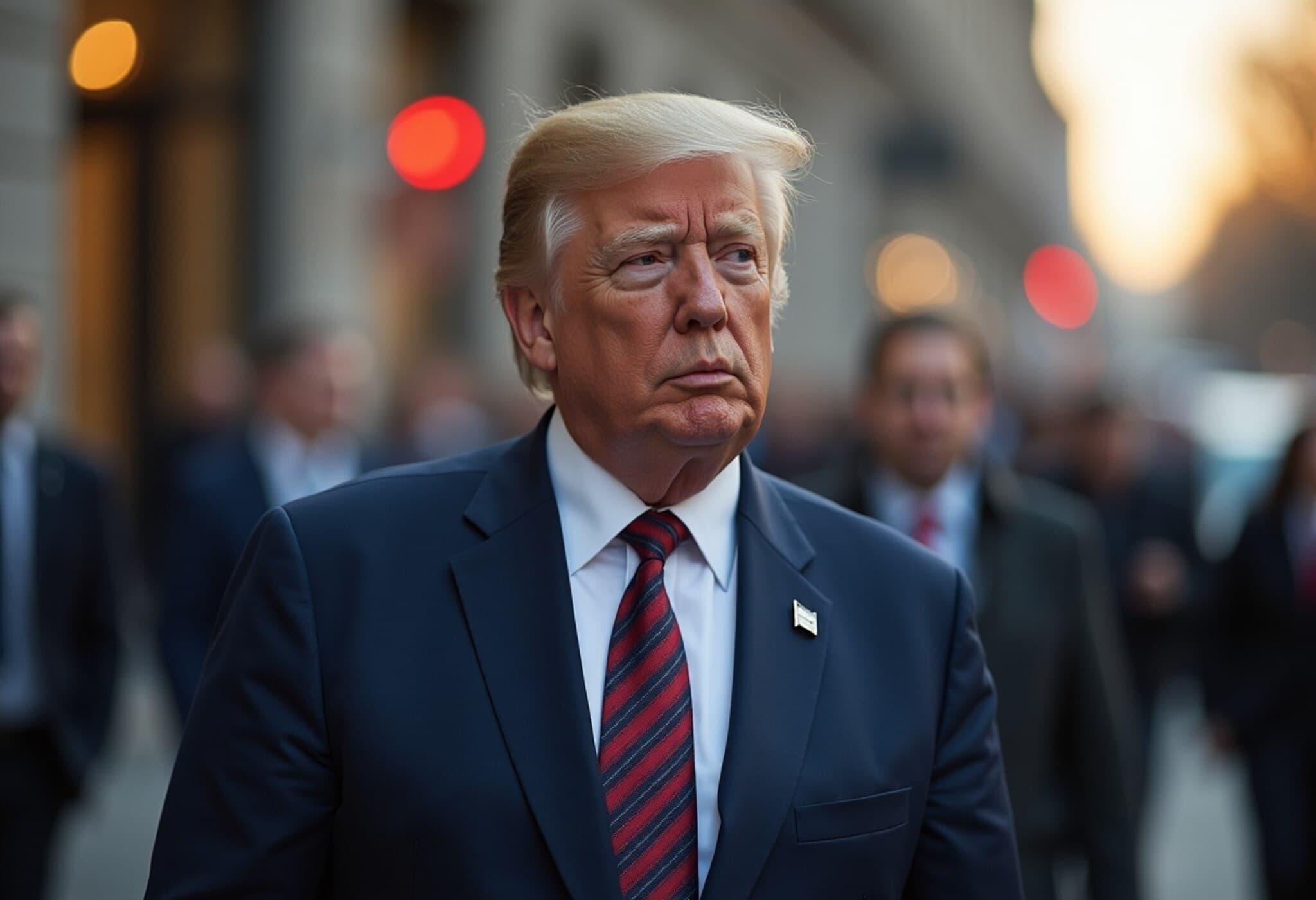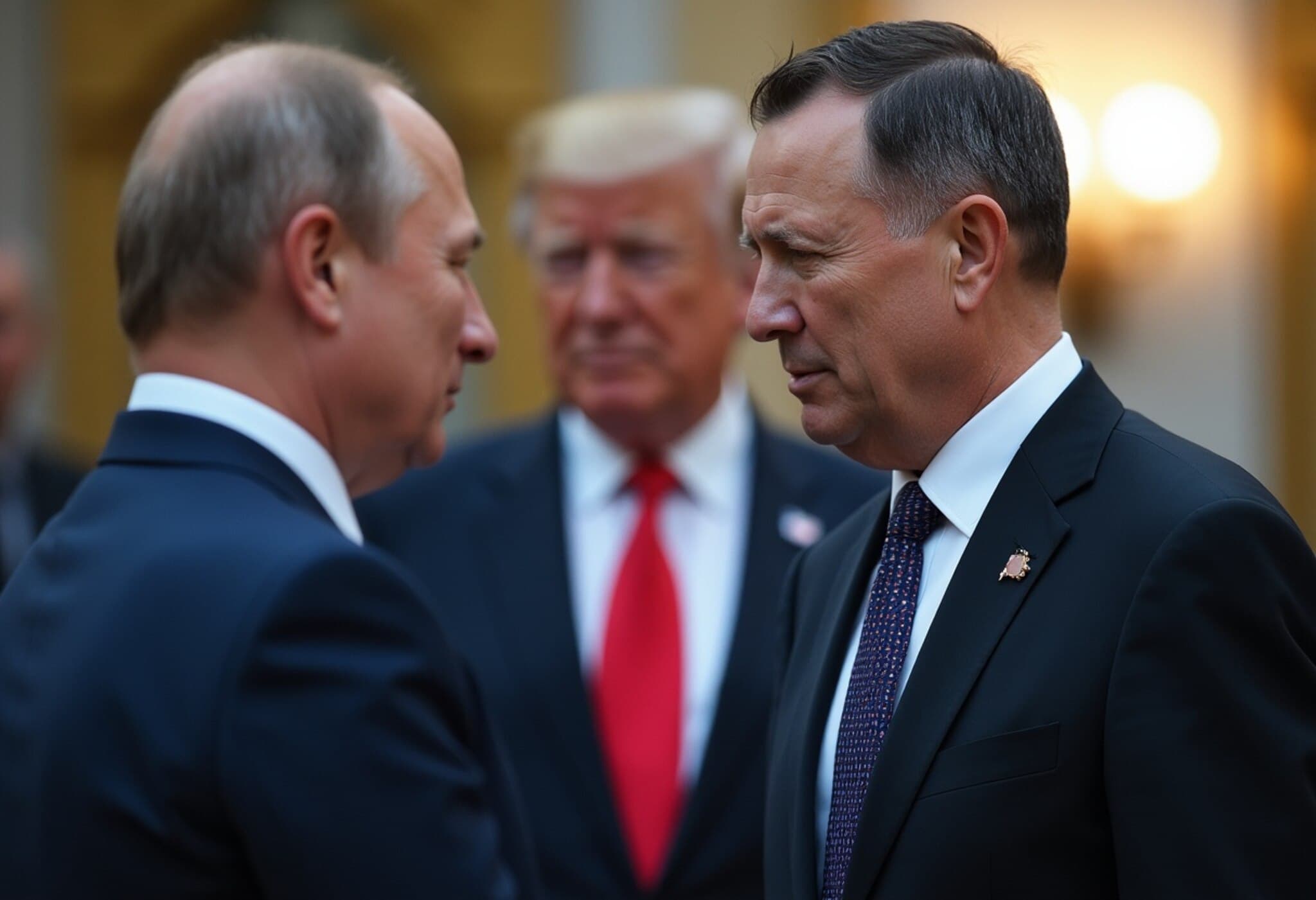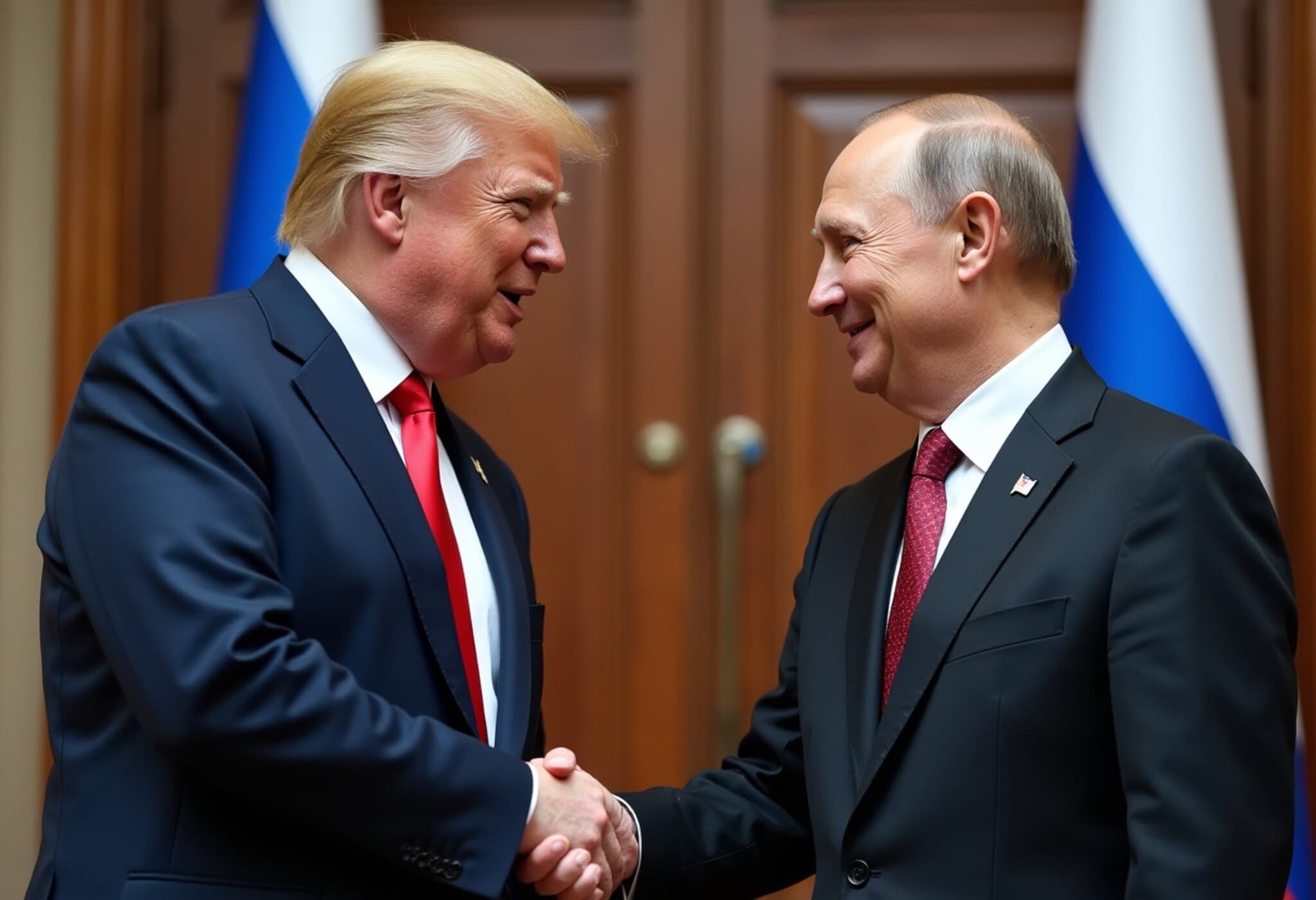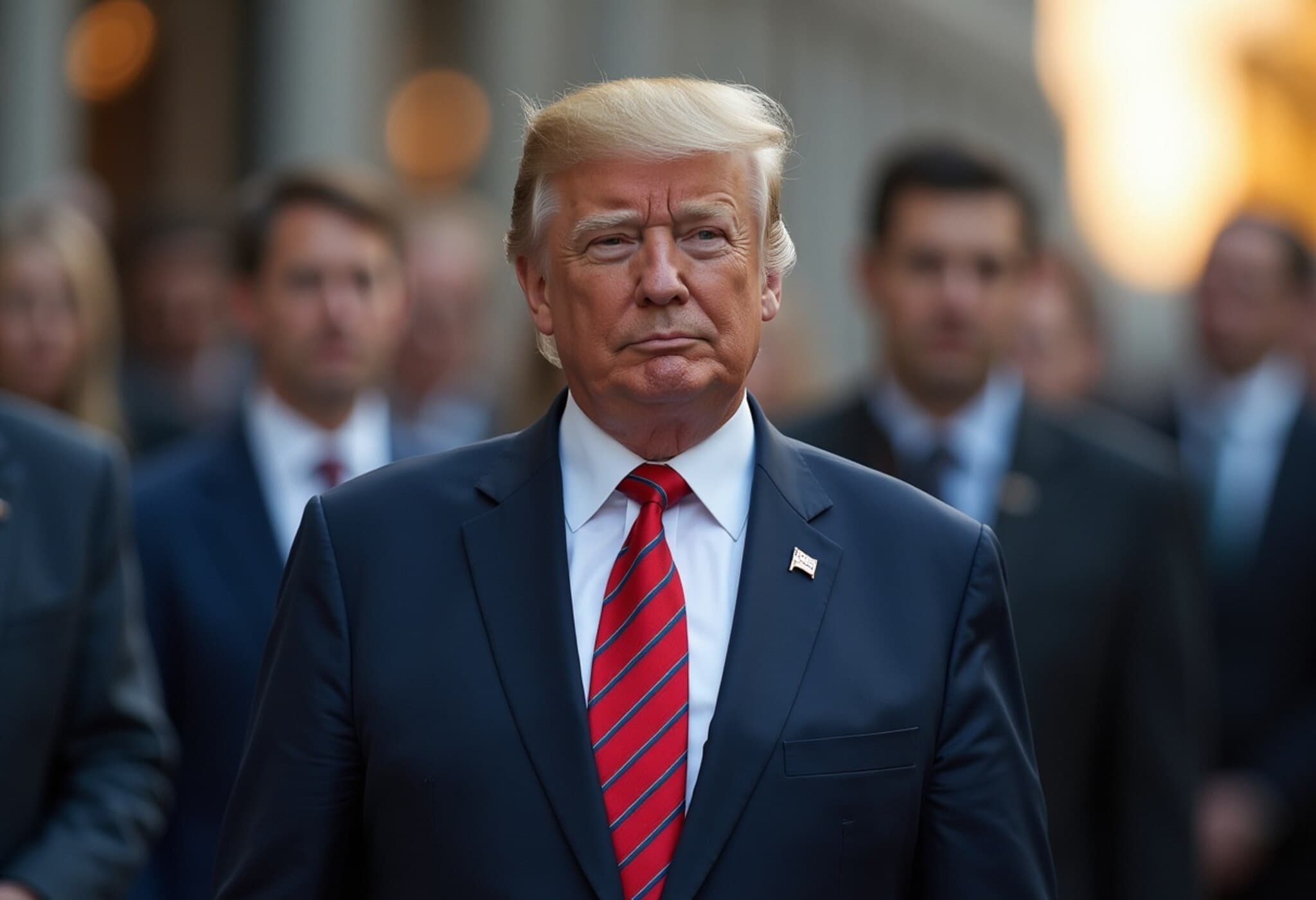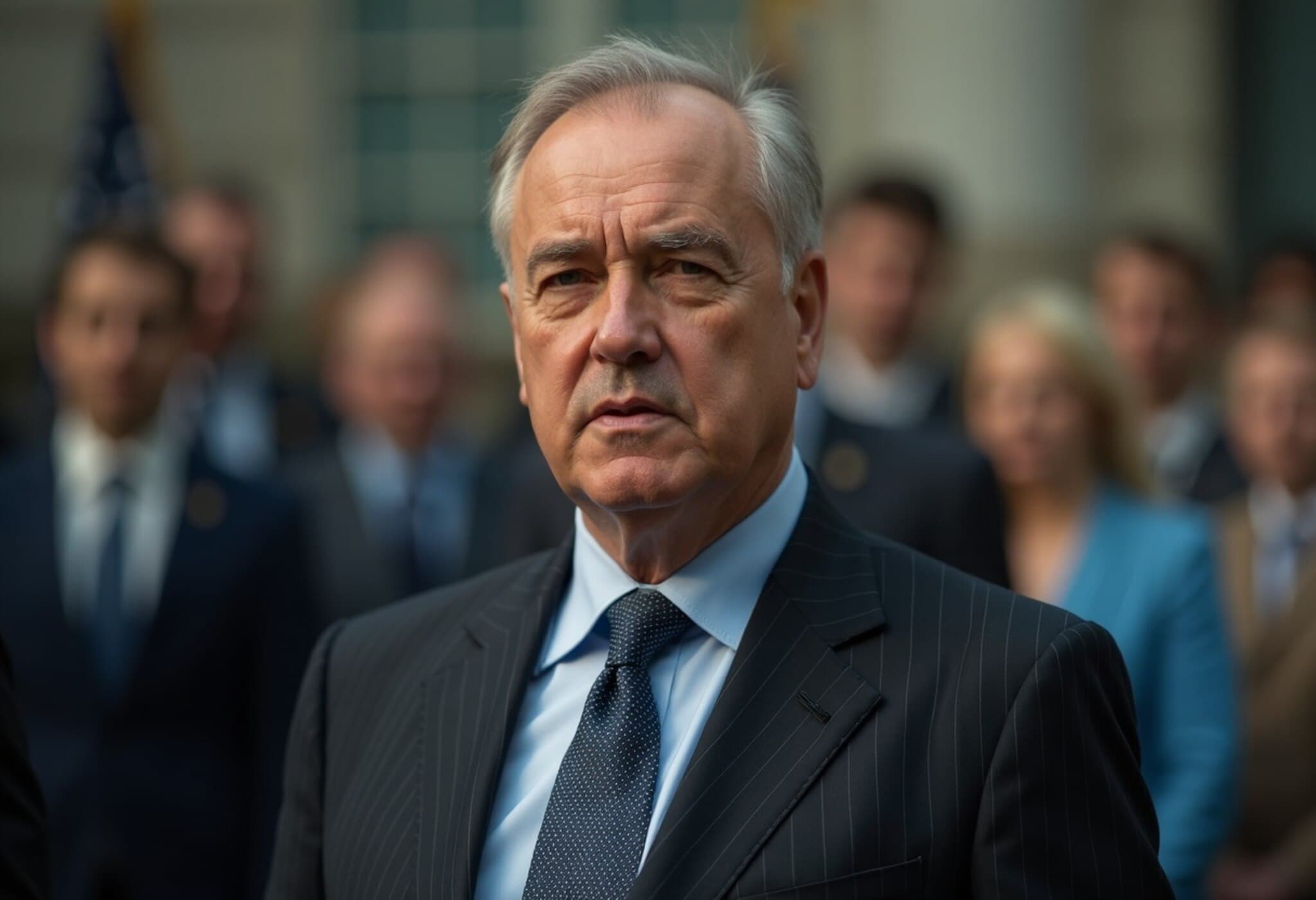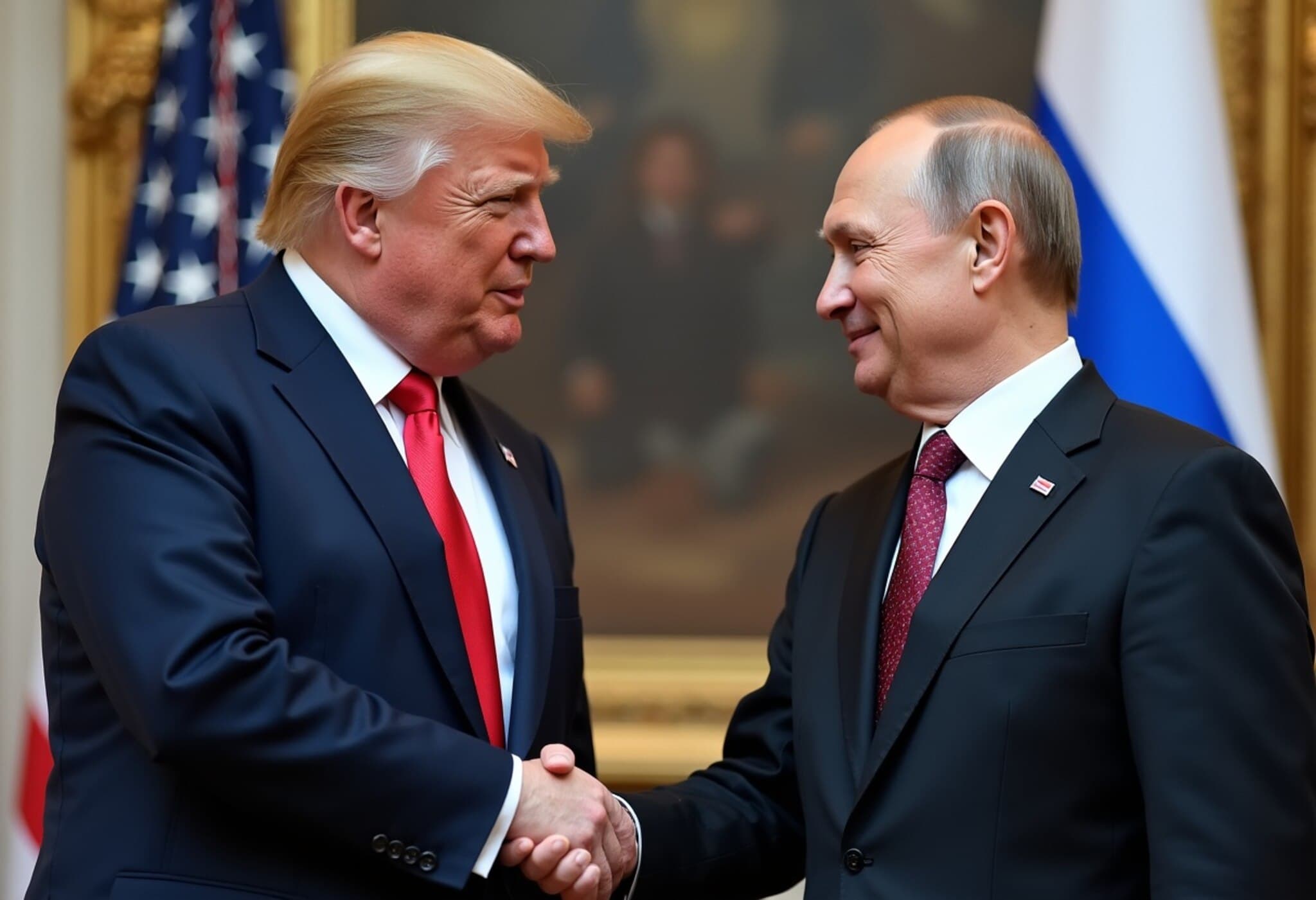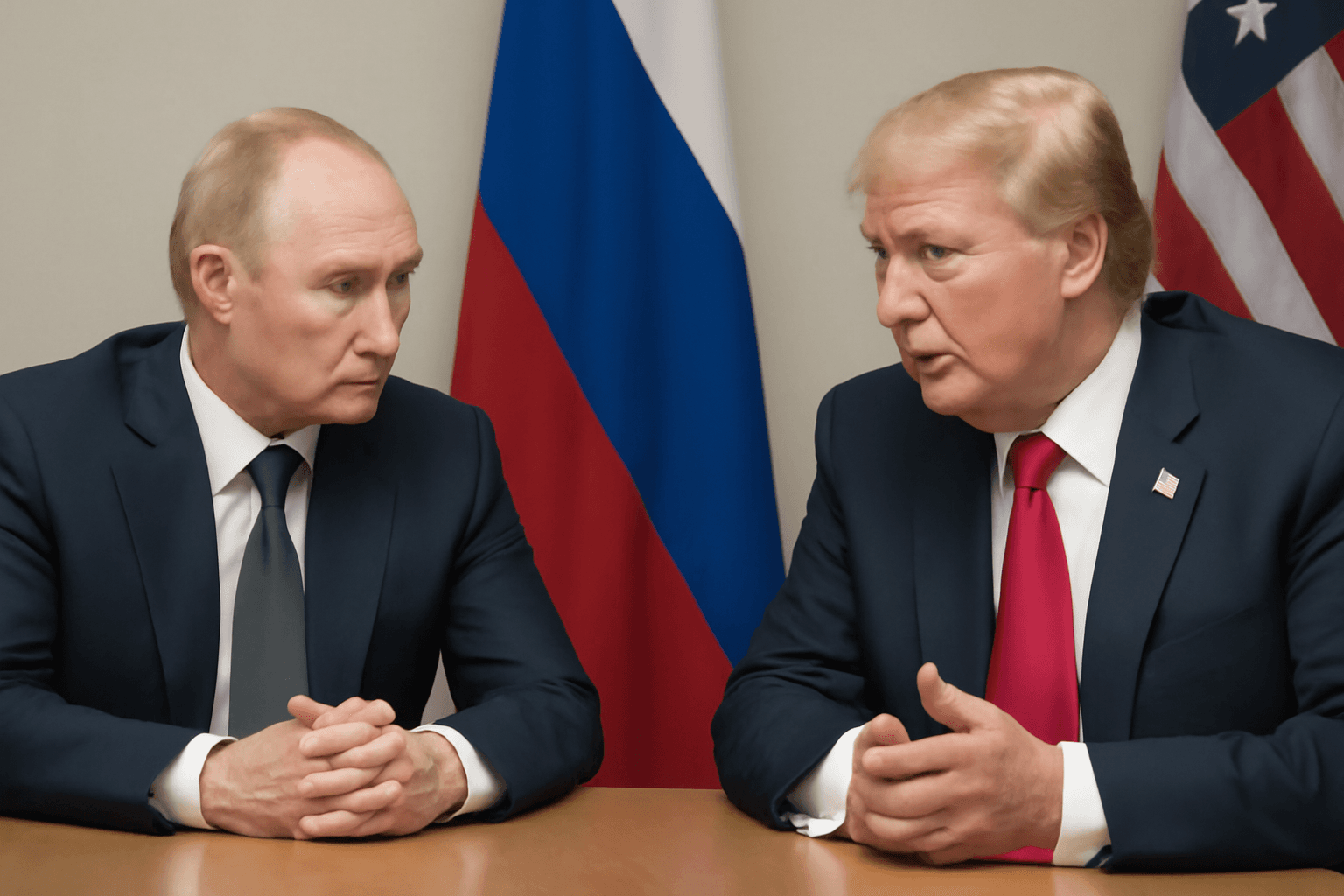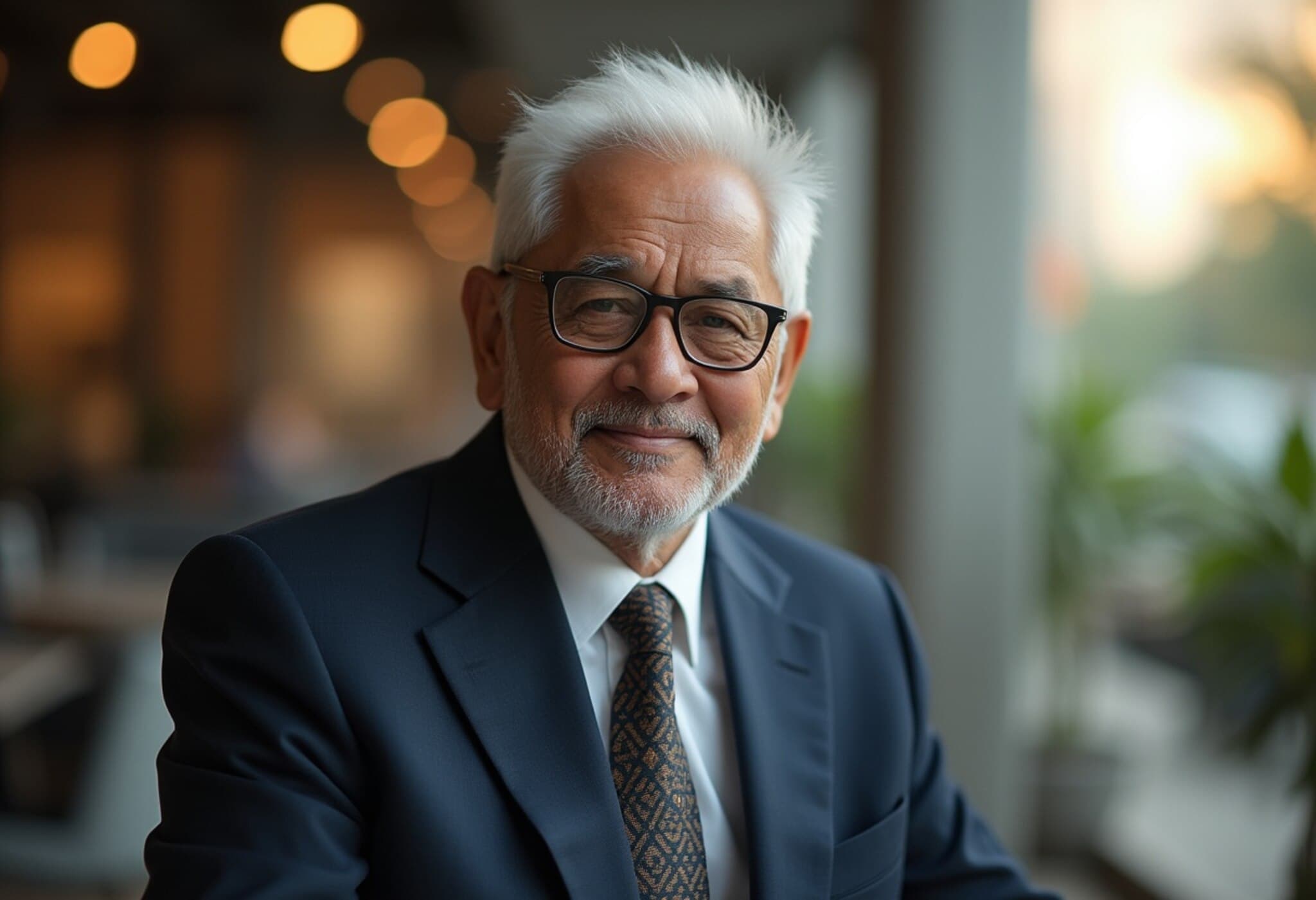Zelenskyy Labels Alaska Summit a Diplomatic Win for Putin
Ukrainian President Volodymyr Zelenskyy has sharply criticized the upcoming summit between Russian President Vladimir Putin and former U.S. President Donald Trump, calling it a "personal victory" for Putin. The meeting, scheduled to take place on U.S. soil in Alaska, signals a significant shift in the diplomatic landscape amid Russia’s ongoing invasion of Ukraine.
Addressing the media on August 13, Zelenskyy expressed concern that holding the summit on American territory effectively undermines international efforts to isolate Russia. "First, he will meet on U.S. territory, which I consider his personal victory. Second, he is coming out of isolation because he is meeting on U.S. territory. Third, with this meeting, he has somehow postponed sanctions," Zelenskyy asserted.
Alaska Summit’s Impact on US Sanctions and Peace Prospects
President Zelenskyy warned that the summit risks delaying further U.S. sanctions on Russia, measures Trump had previously pledged to impose should Putin refuse to end hostilities. This postponement poses strategic challenges for Ukraine as the conflict enters its fourth year.
Trump’s suggestion of negotiating a land swap to resolve the war was met with firm rejection from Zelenskyy, particularly regarding Ukraine's eastern Donbas region. "We will not withdraw from the Donbas," he emphasized, explaining that retreating would open a strategic gateway for Russian offensives. The Donbas, a critical industrial area encompassing Luhansk and Donetsk, remains a fiercely contested battleground.
Potential Ceasefire Signals and Ukrainian Concerns
Interestingly, Zelenskyy mentioned receiving a cryptic "signal" from U.S. envoy Steve Witkoff that Russia might consider a ceasefire, though details remain scarce. This tentative opening raises critical questions about the prospects for peace talks and Russia's true intentions.
Meanwhile, Zelenskyy voiced apprehension about potential hardline demands from Moscow and cautioned that any deal brokered without Ukraine’s direct involvement could force Kyiv to surrender significant territory.
On the Ground: Escalating Battles in Eastern Ukraine
While diplomatic negotiations unfold, the battlefield tells a grimmer story. Zelenskyy reported that Russian forces have made measurable advances near the coal-mining town of Dobropillia, pushing about 10 kilometers into Ukrainian positions. Despite being poorly equipped, Russian units are pressing fresh offensives along several sectors.
The DeepState battlefield tracker corroborates these movements, highlighting Russia’s double-pronged push threatening key regional centers like Kostiantynivka. The Ukrainian military describes the situation as "difficult and dynamic," denying any stable Russian foothold but acknowledging intense clashes.
Such advances exacerbate the strain on Ukraine’s already depleted defenses and underscore the complexity of achieving a swift resolution.
International Reactions and The Broader Context
Trump has framed the Alaska summit as an opportunity to hear Putin’s ideas for ending the war, but Western European leaders remain cautious, emphasizing the need to protect Kyiv’s sovereignty and territorial integrity.
Since Russia’s invasion in 2022, it has annexed four Ukrainian regions, a move broadly condemned internationally as illegitimate. The conflict continues to exact a heavy toll on civilians, with recent attacks killing three people and injuring a dozen, including children.
Expert Analysis
From a geopolitical standpoint, holding the summit on U.S. territory breaks with the longstanding strategy of isolating Putin diplomatically, potentially weakening Western leverage. The optics of this meeting may embolden Russia while sowing doubts among Ukraine’s allies.
Moreover, the risks of sidelining Ukrainian leadership in negotiations raise ethical and strategic concerns—peace settlements reached without Kyiv’s direct involvement risk perpetuating instability and injustice.
Looking Ahead
The Alaska summit highlights the tension between diplomatic engagement and strategic pressure. While talks could open pathways to de-escalation, they must be balanced against the imperative to hold aggressors accountable and support Ukraine’s territorial rights.
Editor's Note
As the world watches the Alaska summit unfold, critical questions remain: Can diplomacy truly advance peace without sidelining Ukraine? Will delayed sanctions embolden further aggression? And what does this summit signal about the evolving dynamics of U.S.-Russia relations? For policymakers and citizens alike, understanding these nuances is essential in navigating one of the most consequential conflicts of our time.

